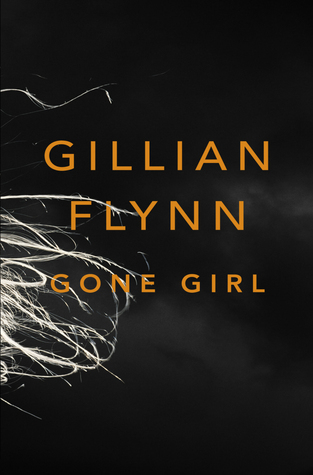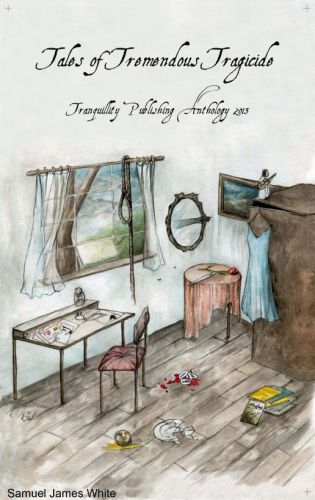We are coming to the end of the penultimate series of Dexter and it’s dangerously close to unravelling for our favourite serial killer. If you are not familiar with Dexter then where the hell have you been?
Arguably one of the best shows on TV it has a surprisingly small audience in the UK. As all the best things do, it has a cult following that seems appropriate for the dark nature of the show. I’m always surprised that the American show has lasted as long as it has without being watered down or ruined by studios. Dexter Morgan is not your run-of-the-mill American hero and this often does not go down well with American audiences. We Brits however love an anti-hero and that is why I am surprised more people in the UK are not aware of the show.
Dexter is an anti-hero is ever there was one. After seeing his mother brutally murdered in front of him as a toddler, Dexter is adopted and raised by the policeman that found him, Harry Morgan. As he grows up Harry discovers Dexter killing animals and worries that what he saw at a young age has damaged him. How Harry reacts to this is probably one of the biggest questions of the show; instead of trying to suppress this need to kill, as he grows older Harry encourages Dexter to channel this need into killing only people that deserve it; people who have escaped punishment by the law. Harry sees this as an opportunity to allow his son to be the person he needs to be but also to correct what he sees as a failing in the justice system. By teaching Dexter to cover his tracks and abide by a “code” he will avoid being caught and satisfy his need to kill without hurting innocent people. Throughout all of the series this question hangs over Dexter, did Harry allow him to be who he needs to be or has he encouraged and nurtured a killer for his own sense of justice?
So far, Dexter has managed to keep his “dark passenger” hidden from the rest of the world and has a relatively normal life; he works as a blood splatter expert for the Miami Police, he even had a family but in this last series we have seen things begin to unravel for him as his life and his secret life start to collide. His sister has discovered his secret and struggles to come to terms with his other life, Maria LuGuerta is also getting dangerously close to the truth and Dexter is falling in love with another serial killer.
In the past each series of Dexter has gone from strength to strength but some viewers have criticised this last season, mainly because Dexter has become careless and you can see everything he has worked hard to hide is beginning to unravel before him. This show presents us with a strange moral dilemma, we know we should not like Dexter; we should want him to be found out and stopped because we know killing for any reason is wrong. But at the base of the show is a guy who is a little bit different trying to find a way to fit into society and I think that strikes a chord with many of us.
I think the reason some dedicated viewers are less happy with this season is that we can see it could all be going badly wrong for Dexter. As this series draws to a close and we excitedly wait for the eighth and final season, is Dexter going to make it through to kill another day or has his “dark passenger” taken him too far this time?




